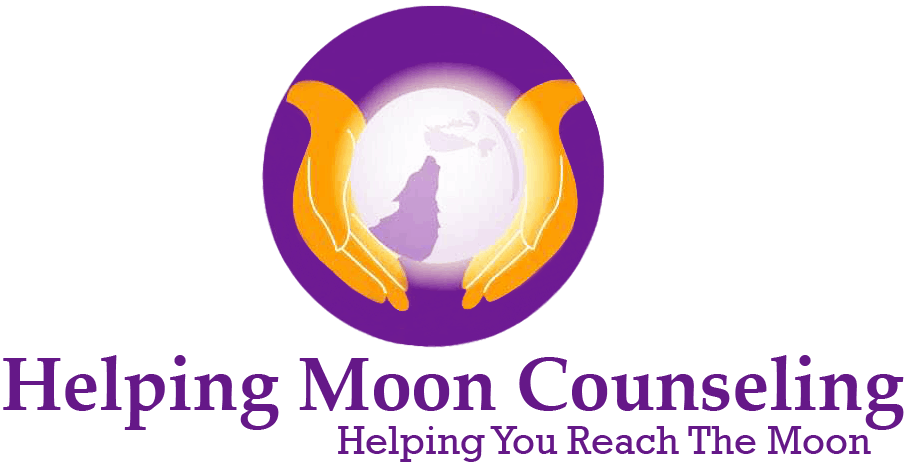Is Depression Contagious?

Depression is characterized by a distinct pattern in the way you think, feel, and act. Although it is absolutely expected and appropriate to go through mood changes based on our circumstances, many people may “bounce back” after a short period of time.
When there is a more pervasive pattern of depression, people may lose motivation or interest in the things they enjoy, and may experience a range of sensations such as heaviness, tearfulness, irritability, difficulty sleeping or sleeping too much, and rumination on certain types of negative feelings.
Although depression may not spread around the way a virus does, being in the vicinity of people who are depressed for extended periods of time, can certainly impact your own mood. Passing by to visit a friend who is depressed, will likely not leave you feeling depressed, but you may notice a slight dip in your own mood in the hours after the visit. Take a moment to recall what it may feel like to visit that depressed friend. What do you notice in your own body when you are with them? You may notice a bit less energy, a sense of being drained or tired, or perhaps a tendency to repeat some of your friend’s own words, which are a reflection of their thinking process.
This is expected, since the old adage of “tell me who you are with and I’ll tell you who you are” has a lot of truth and wisdom. We tend to be influenced by those we surround ourselves with. Now imagine, that rather than visiting a friend who is depressed, you are living with roommates who are depressed. Those same sensations you may have identified earlier, may now be injected in more frequent doses into your daily life. Day in and day out, you are influenced by the moods of those around you.
Now, this in itself will not give you depression. But, if you suddenly find yourself going through more stress than usual, you may now have a different template or lens through which to deal with this stress. Rather than facing the stress in a way that moves forward, you may find yourself navigating stress with the patterns and tendencies of those you have surrounded yourself with.
What does this all mean for our mental health, then? It means we can show empathy and kindness towards our loved ones, but we also have to protect ourselves. We cannot get sucked into the vortex of depression by becoming enmeshed with our loved one’s issues. We can provide comfort, strength, and support, but we need to fill our own emotional cups at the end of the day. We can surround ourselves with people who have healthier patterns, as well as those who have fallen on hard times.
If you are in a living situation, or a relationship where you are finding yourself becoming influenced by depressive patterns, here are some easy things you can do to get back on track:
- Exercise: You don’t have to be a gym rat, but movement is essential for maintaining a healthy and active brain and body. Think you don’t have time? Just do a 20 minute power-walk and notice the difference.
- Go out in nature: Taking a walk in a park, gardening, or hitting a trail has wonderful effects that promote relaxation and a sense of well-being and connectedness.
- Try something new: Is there a new farmer’s market in town? Did you receive an invitation to go do an activity you have never done before? Go for it. The worst that could happen is that you don’t enjoy it. But variety is the spice of life, and trying new things can stimulate your senses.
- Learn something new: With technology at our fingertips, it can be easy to scroll mindlessly on social media. Take a deliberate moment to look up new information or new content that can enrich your mind.
- Reach out to those who are active in life: We can easily forget how other people function, when we are always in the vicinity of those who are depressed. Call an old friend. Ask about their life. Notice what you can learn from them.
